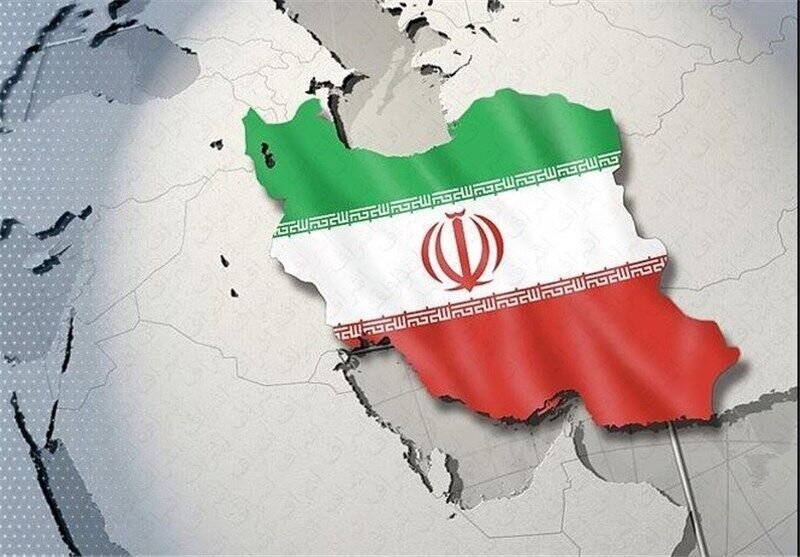Iran willing to craft diplomatic ties with neighbors: top official

TEHRAN – The head of Iran’s judiciary office has disclosed a collaborative effort between the judiciary's international affairs deputy and the Ministry of Foreign Affairs to craft a diplomatic document involving neighboring nations.
Speaking at the third International Iranian Conference on Regional Studies, themed "The Asian and Neighborhood Policy of the Islamic Republic of Iran," Mohammad Reza Saremi underscored the focus on evaluating obstacles faced by investors from neighboring countries and resolving them through mutual cooperation.
In addition, he emphasized the importance of the exchange of judicial delegations as a crucial element in the diplomatic document involving neighboring nations, fostering collaborations and experiential exchanges.
Highlighting the impact of technology on communication methods, Saremi noted that international relations, once confined to governments' diplomatic ties, now encompass various motivations and issues requiring expanded communication and international cooperation.
Emphasizing the importance of justice in international documents, such as the UN Charter, Saremi stressed that cooperation between domestic and international judicial systems is crucial for preventing and combating crimes, achieving justice, and organizing judicial affairs.
Referring to components of judicial cooperation, he mentioned creating a common understanding of issues, transferring knowledge between countries, expanding legal and judicial sessions, and addressing mutual needs. Saremi noted that facilitating cases such as preventing crimes, conducting trials, and executing judgments could be achieved through experiential exchange, expert collaboration, and information sharing.
He highlighted the urgency of addressing cybercrimes, emphasizing the need for serious cooperation between the judicial systems of neighboring countries.
Saremi also emphasized the implementation of judicial judgments and the enforcement of judgments of other countries as additional forms of judicial cooperation. He identified opportunities to prevent judgment enforcement delays and emphasized the direct involvement of judicial authorities in diplomacy.
In the diplomatic document with neighboring countries, Saremi explained some of the key focuses, including the identification and resolution of judicial issues between the Islamic Republic of Iran and neighboring nations, addressing obstacles to implementing judicial cooperation agreements, concluding such agreements, and examining the situation of Iranian prisoners in neighboring countries with efforts to transfer them according to rules and regulations.
MAS
